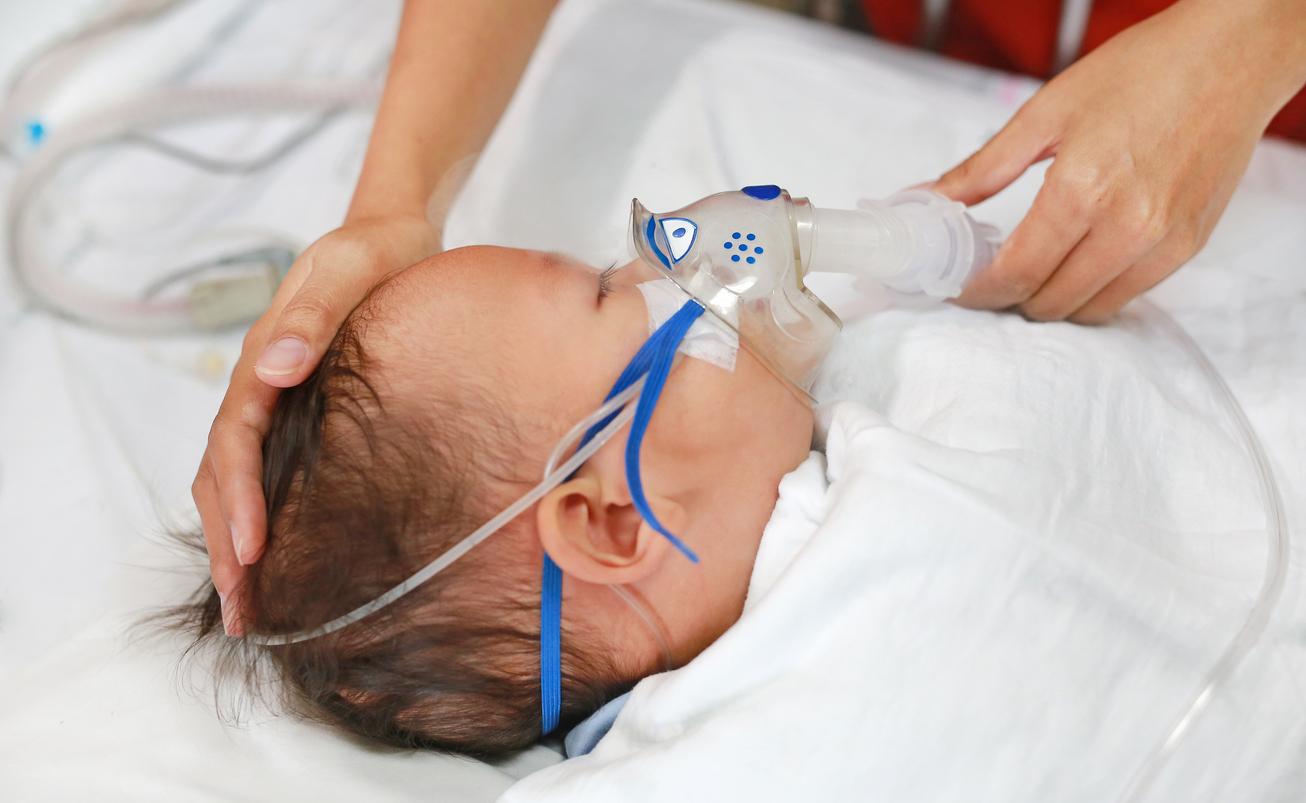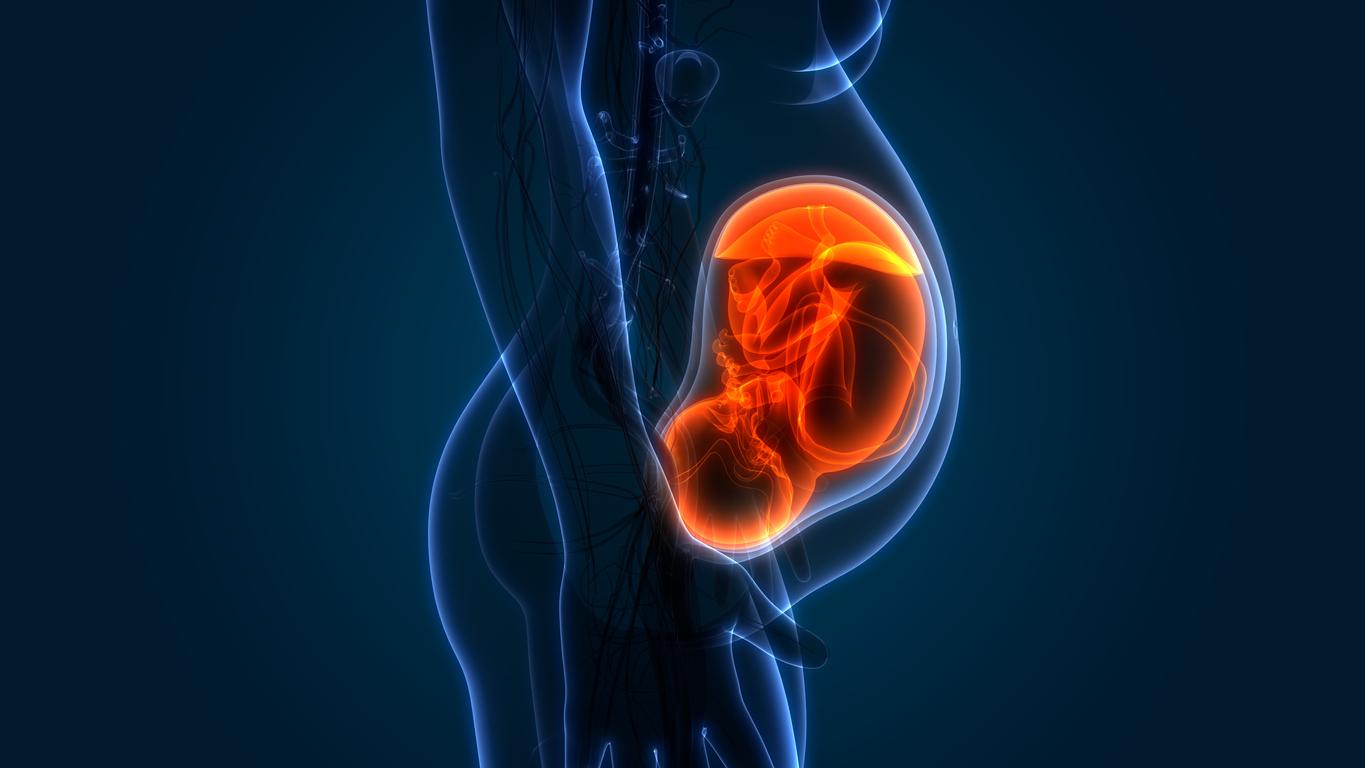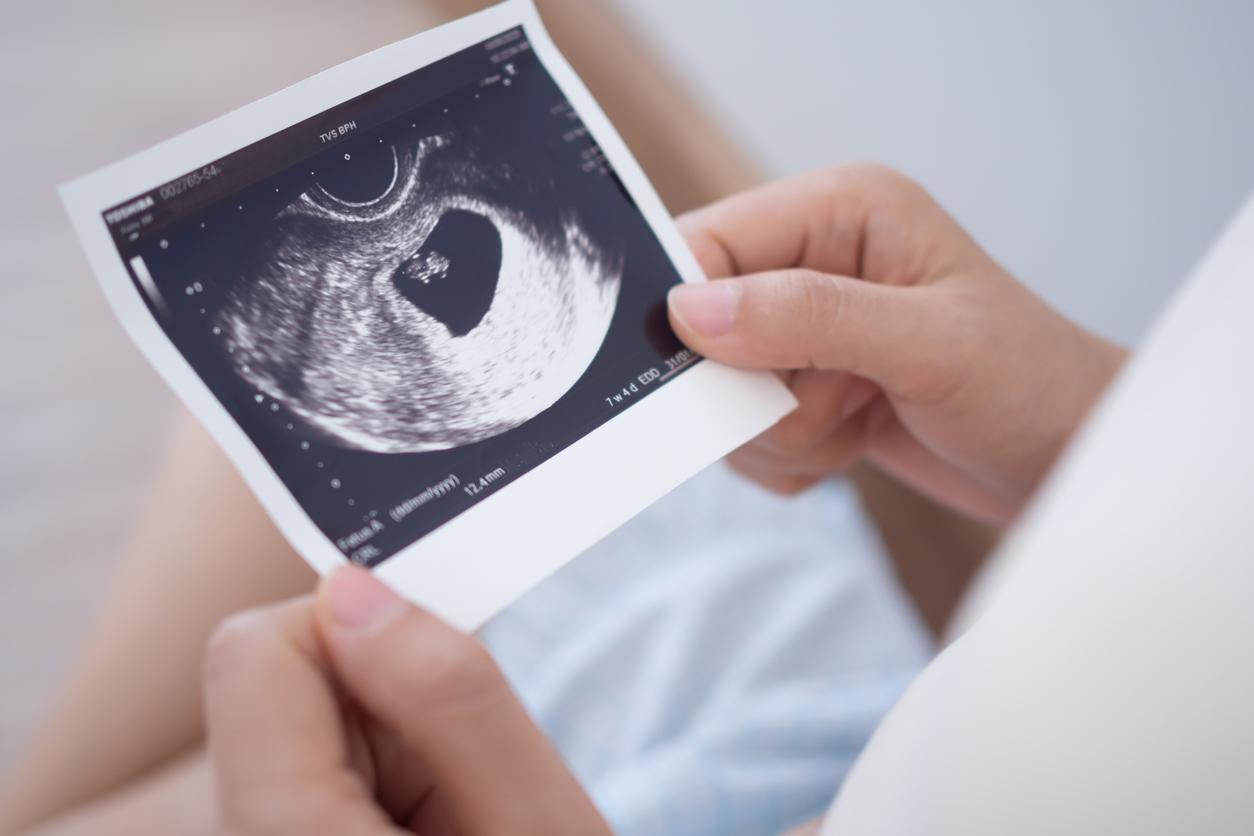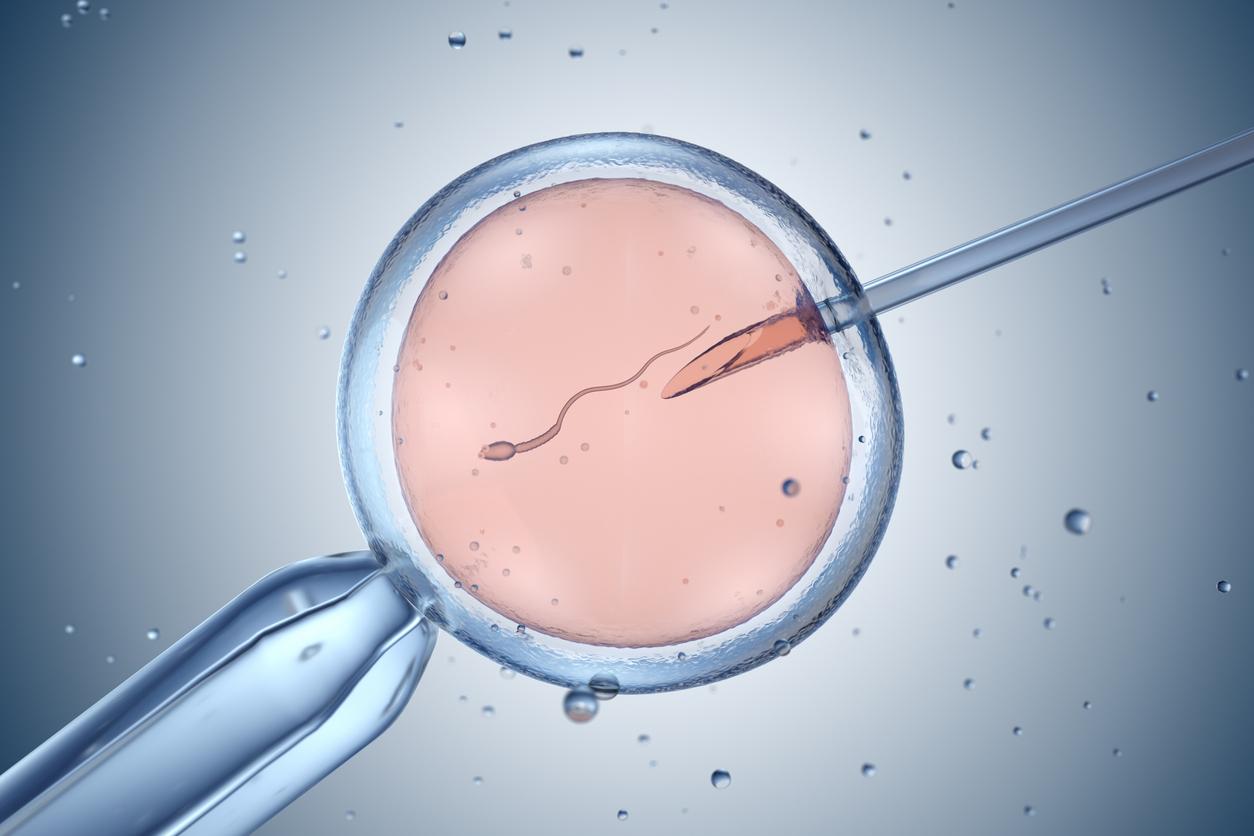We finally know the complex links that exist between the sugar and the microbiota present in breast milk and rotavirus infections in newborns.
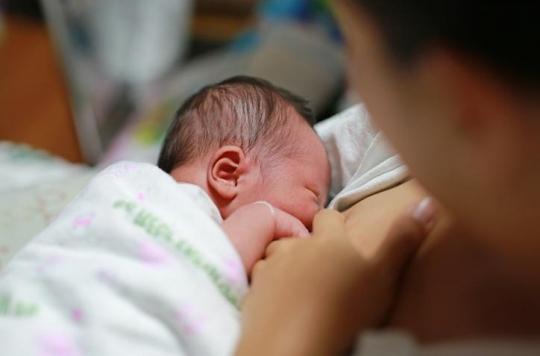
Components of breast milk, such as certain sugars and its microbiota, could indeed inhibit the infection of certain rotaviruses responsible, among other things, for infantile gastroenteritis. Here is the discovery made by an international team of researchers, whose work has just been published in the journal NatureCommunications.
According to its authors, these components of breast milk could improve the performance of live attenuated rotavirus vaccines and thus reduce gastrointestinal infections in young children.
The role of breast milk sugars in viral infections highlighted
Because gastrointestinal infections caused by rotavirus can be particularly serious in toddlers. These “cause diarrhea and vomiting mainly in children under 5 years old, with the exception of babies under 28 days old who usually show no symptoms”, says Dr. Sasirekha Ramani, assistant professor of molecular virology and Microbiology at Baylor College of Medicine.
It is these differences between newborns with and without symptoms, “not clearly understood”, that motivated the researchers’ work. The latter first investigated whether factors such as the amount of virus in newborns or their genome could be linked to the presence of symptoms in newborns. However, they found no link between these factors and the development of symptoms or not.
Scientists then asked themselves the question from the point of view of newborns. Are there any factors in them that could explain why rotavirus infects some children and others do not and why they do or do not develop symptoms? They then looked in the laboratory at the components of breast milk and their ability to inhibit the infection of a neonatal rotavirus.
They then made an unexpected discovery: certain sugars present in breast milk reinforce the infection of cells in culture with the strain of neonatal rotavirus. “We were surprised by these results,” admits Dr. Ramani.
Until now, in fact, scientists thought that “breast milk reinforced the protection of the newborn against rotavirus infection and that the presence of sugars in breast milk could reduce the infectivity of other rotaviruses”. However, “we found the opposite for this particular strain of virus”, comments the researcher.
By comparing these laboratory results to a cohort of mother-child couples, the authors of the study realized that “certain specific sugars in breast milk which increase the infectivity of cells in culture are present in the milk of new mothers -born with symptomatic infection”.
Towards improved efficacy of rotavirus vaccines
Furthermore, researchers have discovered a link between the microbiota of breast milk and gastrointestinal symptoms in newborns, which has raised new questions. How does the microbiota contribute to differences in gastrointestinal symptoms?
While waiting for these answers, the researchers hope to improve viral replication in order to make the immune response of newborns more effective against rotavirus. “What is most interesting to us is that these sugars also increase the replication of the live attenuated rotavirus vaccine, which is similar to the neonatal virus we are studying,” says Dr. Ramani, who now wants to use these results to “to improve the effectiveness of rotavirus vaccines in regions of the world where they do not work well”.
“These findings are an excellent example of the urgent need to improve our understanding of the composition and variation of components of human milk,” said Dr. Lars Bode, Associate Professor of Pediatrics and Director and Chair of Cooperative Research. on human milk at the Larsson-Rosenquist Mother-Milk-Infant Center of Research Excellence at the University of California, San Diego. “Understanding how rotaviruses and other pathogens can take advantage of components of human milk will guide the development of new vaccination strategies to stay ahead of the host-pathogen arms race.”

.









